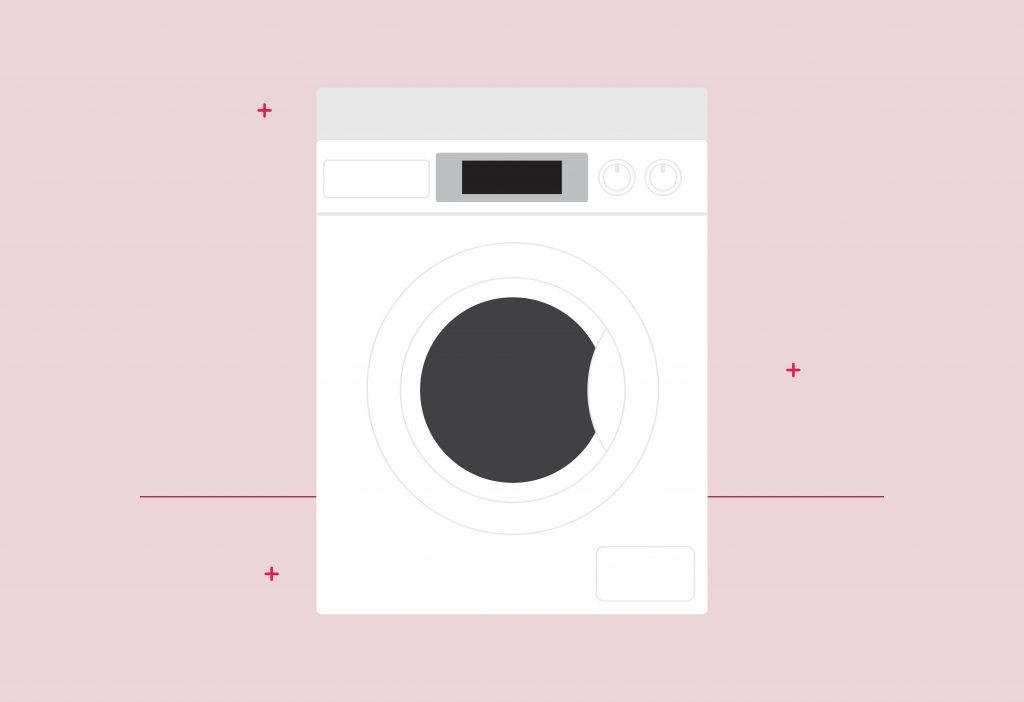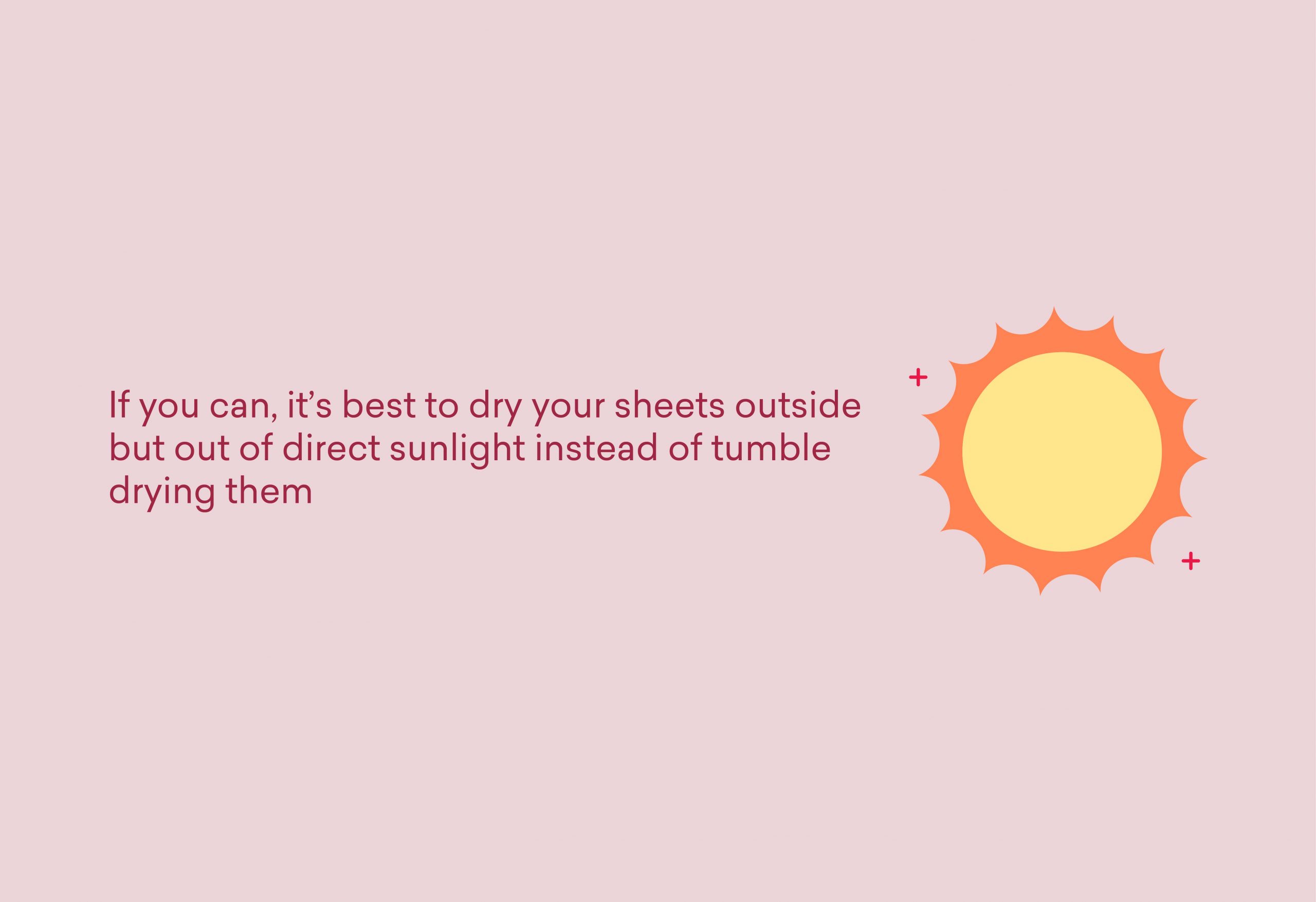How to Wash Tencel Sheets

Key Takeaways
- Washing Guidelines: Tencel sheets should ideally be washed once a week, using cold or lukewarm water and a gentle detergent free of added bleach. Wash the sheets separately and inside out, minimizing friction and abrasion. Carefully review the care label to ensure you use appropriate stain removers. Dry cleaning Tencel sheets can alter their texture, so avoid this unless specified by the manufacturer.
- Drying Instructions: Air-drying in a shaded area is preferred over tumble drying. If using a dryer, choose a low-heat and low-tumble setting to avoid weakening the fibers. Avoid fabric softener sheets during the drying process, and consider making the bed with the sheets directly from the dryer to minimize wrinkling. Ironing should be done cautiously at a low temperature, following the care label’s instructions.
- Storage Suggestions: To maintain the quality, it’s crucial to store them in a cool, dark, and dry place away from direct sunlight. Consider using a breathable cotton bag for storage, particularly in areas prone to pests. It’s prudent to keep at least one backup sheet set for emergencies. Additionally, limit factors that contribute to fabric damage, such as frequent use, friction, high temperatures, harsh chemicals, and UV rays.
Tencel fabric is growing ever more popular as a material, but it’s still new enough that many people don’t fully understand how to properly care for it. Specifically, what’s the best way to wash, dry, and store a set of Tencel sheets?
Our guide walks you through how to wash Tencel sheets.
What is Tencel?
Tencel is a brand name for a type of cellulose fiber. Specifically, Tencel is “regenerated cellulose” fibers made from wood pulp dissolved in a chemical solvent, then turned into fibers. The wood pulp is often harvested from sustainably maintained eucalyptus trees.
Tencel fibers can be combined with cotton, polyester, acrylic, wool, and silk fibers to create garments and sheets.
Benefits of Tencel Fabrics
Tencel fabric is known for its:
- Softness
- Smoothness
- Breathability
- Durability
- Sustainable production and biodegradability
Washing Tips For Tencel Sheets
We recommend washing your Tencel bedsheets once a week. Some people might think that washing sheets frequently can damage them, but the opposite is usually true. Washing your sheets weekly can stretch out their expected use by getting rid of accumulated dirt, dust, skin cells, body oils, and other castoffs. Weekly washing also keeps dust mite levels down.
To keep your sheets in pristine condition between washings, take a shower or bath before bed. Cleaning yourself off keeps things like dirt and sweat from building up on your sheets.
Wash the sheets on their own, not mixed in with clothes or fluffy towels. The less you pack in the washing machine, the more room your sheets have to circulate. More water will flow through them, promoting cleaner sheets. Zippers and other clothing fasteners can damage your sheets in the wash and increase the chances of pilling, so it helps to wash your sheets by themselves.
Before loading your Tencel sheets into the washer, turn them inside out to limit friction. Abrasion from friction can cause unnecessary wear and tear on your sheets. If you have a large washing bag, you might want to slip your sheets inside for added protection.
It’s best to use cold water, although lukewarm water should be fine. When it comes to detergent, don’t go overboard. If the detergent isn’t completely washed out, your sheets will feel stiff. We also recommend using a gentle detergent free of added bleach.
Review the care label to see what stain removers you can and can’t use to treat stains. While oxygen and chlorine bleaches may not harm the Tencel fibers, they can damage any dyes or finishes on the sheets.
We always recommend washing your Tencel sheets over dry-cleaning them unless specifically directed otherwise by the manufacturer’s care instructions. Dry-cleaned Tencel sheets tend to have a sanded texture, though they can also feel smooth.
How to Dry Tencel Sheets
If you can, it’s best to dry your sheets outside but out of direct sunlight instead of tumble drying them. Letting your sheets dry naturally helps preserve their integrity and color.
If you choose to use a dryer, set the machine on low-heat and low-tumble. Try not to overdry your sheets as it can weaken the fibers, and do not use fabric softener sheets when drying your Tencel sheets.
If you want a wrinkle-free look, it’s best to make your bed with sheets fresh from the dryer. Folding sheets can increase the chances of wrinkles. Before putting your washed sheets in the dryer, you might want to give them a quick shake to minimize wrinkling.
You can also give Tencel sheets a crisp look by ironing them at a low-temperature. However, we recommend double-checking the care label before you iron them. Some brands ask owners not to iron their sheets because the heat can damage the fibers. You should also make sure the iron’s steam is turned off because the steam can leave spots that won’t come off until the sheets are rewashed.

How to Store Tencel Sheets
So once your sheets are washed and dried, you might immediately slip them over your bed. However, maybe you washed a back-up set you want to keep handy until it’s time to change your bed (which you should do at least once a week). How should you store a set of Tencel sheets, then?
Sheets should be stored in a cool, dark place away from any sunlight that can fade their color. The storage area should also be dry and airy to keep stored sheets from smelling musty.
You may also want to store the sheets inside a breathable cotton bag if you live in an area prone to bugs and other pests. Plastic storage bags can encourage yellowing and trap any lingering moisture.
It’s always smart to keep at least one back-up sheet set to deal with any accidents. Remember, a set of sheets should include:
- A fitted sheet to slip over your mattress
- A flat sheet
- One to four pillowcases (twin size mattresses often have only one or two, while larger sizes come with more)
What Wears Down Sheets
When it comes to fabric damage, the main culprits are:
- Frequent use, especially if you toss and turn or have body hair stubble rubbing up against your sheets
- Friction
- High temperatures
- Harsh chemicals
- UV rays
Wear and tear is unavoidable, but you can take steps to limit your sheets’ exposure to the other four factors.
Frequently Asked Questions
Can you wash Tencel sheets in hot water?
To keep your sheets in good condition, it might be best to wash them in cool water on a gentle cycle and with mild detergent. However, people with severe allergies may have to risk minor damage to their sheets to avoid symptoms. Washing sheets in hot water (specifically, 140 degrees Fahrenheit) is the best way to kill dust mites and remove dander and pollen.
Is Tencel better than cotton?
When it comes to Tencel and cotton, Tencel is typically considered softer and more breathable than cotton and often stronger, too. Cotton’s biggest advantage over Tencel is its lower price. Some people may also prefer how cotton sheets tend to look crisper on a mattress than Tencel.
Is Tencel good for hot weather?
Yes, Tencel keeps cool when it’s warm outside, which is why we also recommend it for hot sleepers. The fabric wicks moisture and heat away from your body, promoting a surface temperature cool to the touch. Some people consider Tencel even better than cotton when it comes to summertime sheets.
Can you get bed bugs from not washing your sheets?
A 2017 study found that bed bugs are more likely to collect in dirty laundry. The study’s authors theorize this may be because bed bugs are attracted to the scent of humans. While the study specifically talked about the attraction of worn, dirty clothes, it’s fair to say that dirty sheets could also be attractive to a bed bug.
Remember, we recommend washing sheets at least once a week. Pillowcases may benefit from being washed as often as every three days.
Why do sheets sometimes smell musty?
There are a couple of different reasons why sheets stored in a closet or cabinet can get musty. First, if your linen closet is too full, it limits the amount of air circulation that keeps sheets smelling fresh. Second, even linen that’s bone-dry when stored can absorb moisture from the air and promote bacteria, mildew, and other fungal growth, causing that musty smell.
It’s good to rotate through your sheets, so no one set spends too much time in a dark closet. You may also want to throw in a small satchel of potpourri to give your sheets a nice smell.
What is thread count?
The term “thread count” expresses how many horizontal and vertical threads are in a square inch of fabric. A higher thread count is often associated with a softer fabric, although too-high thread counts can signify thin threads that will quickly wear down. A good thread count range is 200 to 800.
Ready to Wash Your Tencel Sheets?
Remember to wash your Tencel sheets in cool water with a mild detergent on a gentle cycle. Once they’re clean, it’s best to hang them outside to dry. However, you should put them through the dry on a low-heat, low-tumble setting.
This article is for informational purposes and should not replace advice from your doctor or other medical professional.
Andrew Russell, Wellness Writer 
Andrew Russell is a part-time writer and full-time sleep enthusiast. At Zoma, Andrew lends his sleep expertise and writes many of our “better sleep” guides. Outside of Zoma, Andrew puts his advice to the test, always trying new ways to get deeper, more restorative sleep. We appreciate Andrew because he doesn’t give advice that he doesn’t follow himself, so you can feel confident his solutions for better sleep really do the trick. Andrew's work has been featured on Ladders, Bright Side, and several other publications.
View all posts

